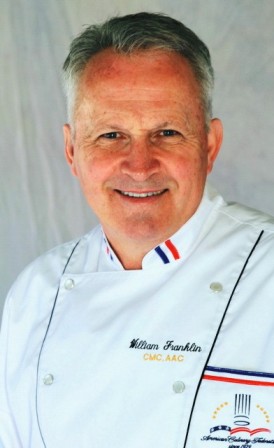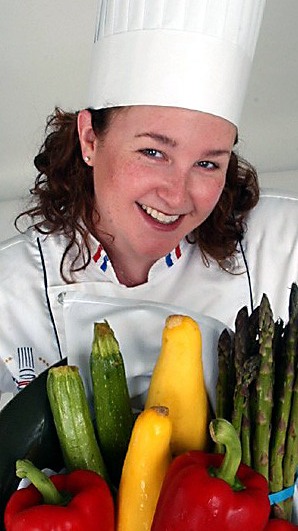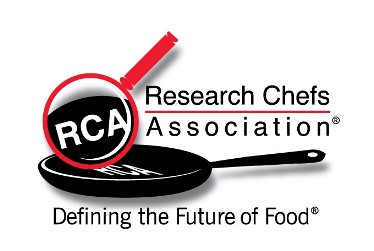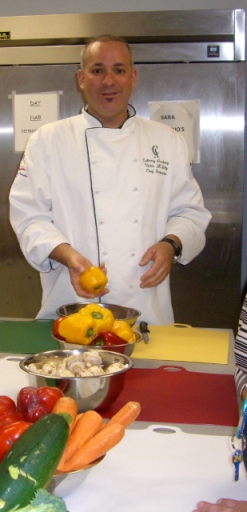Guest Speaker: Building a Better Chapter
Tuesday, 04 May 2010 11:34By William C. Franklin, CMC, AAC
 Like a bell curve, leadership in new chapters of professional organizations rises, then wanes. Adopting certain structural steps will keep a chapter strong, delivering long-term value to members.
Like a bell curve, leadership in new chapters of professional organizations rises, then wanes. Adopting certain structural steps will keep a chapter strong, delivering long-term value to members.
Over the four and a half decades that I have worked in this industry, I've observed one constant: The industry puts greater demands on all of us every day. We are busy people with work and life's general requirements. Most of us no longer have the benefit of volunteering weekly or daily hours to our favorite professional organization.
The life cycle of most American Culinary Federation chapters is somewhat predictable and can be applied against a simple bell curve. The curve could cover 10, 20 or 30 years. The beginning of the bell curve represents the energetic chartering group in their mid-20s and 30s. They work hard to get the chapter established and grow the membership, sometimes into the hundreds. This group seems to be the energy and catalyst that sustains all programs and events while moving the chapter forward.

 Encouraging students to participate in professional organizations can help them excel in their careers.
Encouraging students to participate in professional organizations can help them excel in their careers. A recent survey of Culinology® students in their 20s and early 30s underscores interest in innovative, green and healthy cooking. What does it all mean for tomorrow’s menus?
A recent survey of Culinology® students in their 20s and early 30s underscores interest in innovative, green and healthy cooking. What does it all mean for tomorrow’s menus? The president of the Research Chefs Association encourages creative and science-minded students to explore Culinology®.
The president of the Research Chefs Association encourages creative and science-minded students to explore Culinology®. To the ACCSC’s Instructor of the Year, a bad student is any good teacher’s job. The trick is to inspire the uninspired.
To the ACCSC’s Instructor of the Year, a bad student is any good teacher’s job. The trick is to inspire the uninspired.